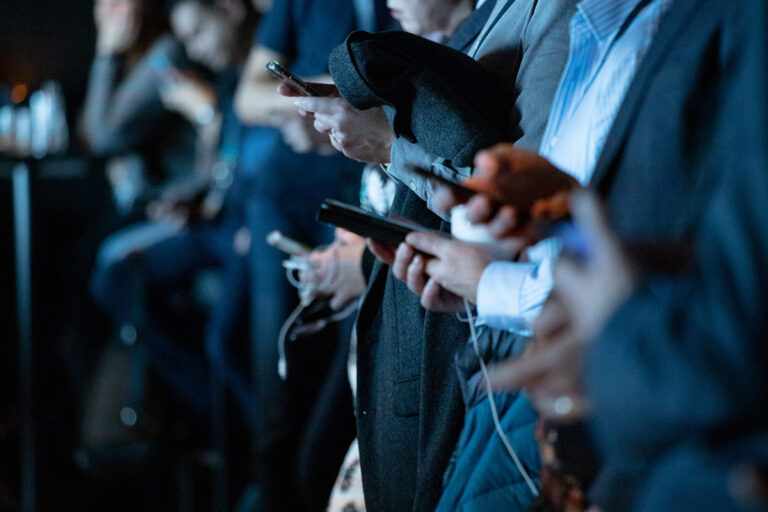In today’s digital age, social media has become an integral part of our lives. It offers us a platform to connect, share, and express ourselves. However, our growing dependence on digital interactions has started to overshadow the real-world experiences that contribute to a fulfilling life. The constant pursuit of followers, likes, and views have distorted our priorities, leading to a lack of authenticity and genuine connections. It’s time to recognize the detrimental effects of this obsession and reevaluate our relationship with social media.
The Illusion of Digital Validation
In the realm of social media, numbers reign supreme. We often measure our self-worth and success based on the number of followers, likes, and views we accumulate. But let’s be honest—these metrics hold no real validity. Their authenticity is questionable since there’s no concrete way to prove their accuracy. Moreover, many individuals resort to tactics like gaming algorithms or buying followers and likes, rendering these metrics even more unreliable.
For example, scrolling by a video on Facebook counts as a view, whether you watched it or not. This led to very bloated, unrealistic spikes in the number of views on Facebook compared to other platforms.
The Volatility of Social Media
Social media platforms are constantly evolving, and their algorithms play a significant role in determining content visibility. What may be popular today might become irrelevant tomorrow due to a simple algorithm tweak. This unpredictability undermines the pursuit of quality content creation. The emphasis shifts from producing something meaningful and creative to merely following trends to stay relevant. Consequently, genuine talent and hard work can often go unnoticed, while uncreative and fake content gains traction.
The Impact on Mental Health
Our unhealthy obsession with social media is taking a toll on our mental health. The constant exposure to curated and filtered lives and the pressure to maintain a certain image breed feelings of inadequacy and self-comparison. Research has consistently shown links between excessive social media use and increased rates of depression, anxiety, loneliness, and low self-esteem. These platforms thrive on delivering addictive and often toxic content to keep us engaged, ultimately contributing to their own profit at the expense of our well-being.
Disconnecting to Reconnect
It’s time to take control of our digital lives and rediscover the joys of living offline. By consciously disconnecting from social media, we can create space for real-world experiences and meaningful connections. Unplugging from the digital world allows us to focus on personal growth, engage in hobbies, and strengthen relationships with family and friends. The benefits of such disconnection are profound, with many individuals reporting improved happiness, well-being, and overall quality of life.
Embracing a Balanced Approach
While completely abandoning social media may not be realistic or desirable for everyone, finding a balance is crucial. Setting boundaries and establishing designated “offline” time can help us regain control over our lives. Engaging in activities that bring joy and fulfilment, away from the digital realm, can rekindle our passion for life. We should prioritize genuine interactions, face-to-face conversations, and moments of self-reflection to foster personal growth and build meaningful connections.
Conclusion
Social media has undoubtedly transformed the way we interact and perceive the world, but we must not allow it to dominate our lives entirely. The pursuit of digital validation and the consequences of our obsession with social media are undermining our well-being and the quality of our experiences. By disconnecting from these platforms and embracing a balanced approach to technology, we can regain our authenticity, mental health, and genuine connections. Let’s remember that life extends far beyond the realms of social media—let’s disconnect to reconnect.


